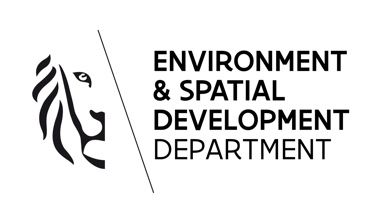This study mapped out possible systems for phasing out old and polluting household wood-burning stoves and open fires in Flanders. These heating systems are responsible for a significant contribution to the emission of particulate matter.
Foreign examples were thoroughly evaluated and advantages and disadvantages of the different systems were highlighted.
The practical feasibility and potential of the different possible systems were examined for the Flemish situation. In terms of potential, estimates of potential emission reductions were made based on the types and number of appliances that would be phased out by a chosen system. The study included:
- Literature review on the policy actions and strategies in EU countries;
- Study on most promising policy strategies to phase out residential wood burning including strategies based on age-based standards, economic system with subsidies and taxes and a system with enhanced responsibilities for the stove producers;
- Development of a MS Excel scenario tool based on EISSA to analyse the impact and potential for these policy strategies on emission reductions.
A normative system for phasing out stoves based on their age including a ban on the regular use of open fires is considered the most feasible policy option for Flanders.

Client: Flemish departement of Environment
Year: 2018 - 2020
